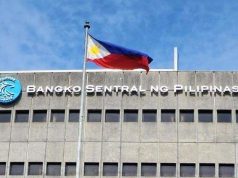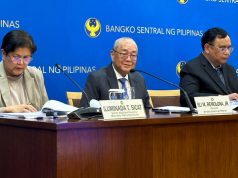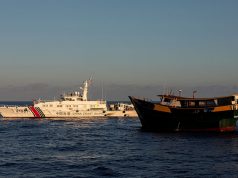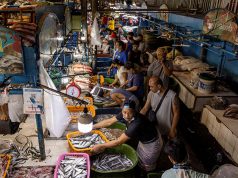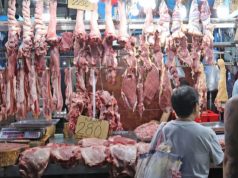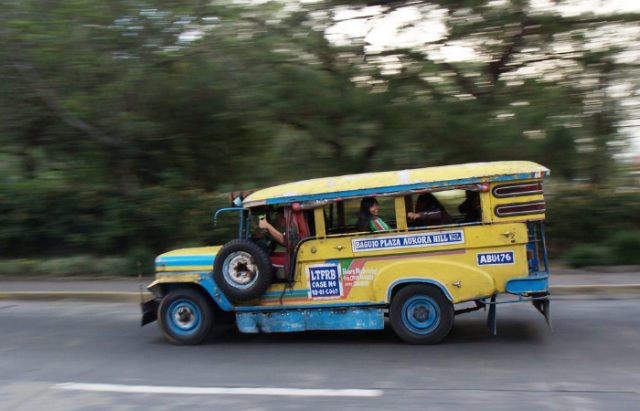
The approval of the P2 minimum jeepney fare hike has been opposed by even by some in the government.
Land Transportation Franchising and Regulatory Board member Aileen Lizada was the lone dissenter in the transportation board’s decision to raise the the minimum fare for passenger jeepneys to P10 starting November.
Lizada’s dissenting opinion on the matter pointed to the National Economic Development Agency’s alternative plan for the fare hike petition filed by numerous jeepney operators’ organizations as the reason for her disagreement.
She referred to a letter sent by NEDA Undersecretary Rosemarie Edillion saying that an adjustment of P0.50 could lead to just 0.076-percentage point increase in inflation in 2018 if the adjustment was implemented in October that year, under the LTFRB’s provisional increase.
The LTFRB’s fare hike, according to Edillion, could also contribute 0.221-percentage points in 2019’s annual inflation.
The NEDA’s alternative scenario on the one hand could contribute just to 0.05 percentage points in 2018 and 0.146 percentage points in 2019.
NEDA Director Ernesto Pernia in a separate statement warned against the effect the fare hike could have on the country’s inflation problem.
“Anything that increases the cost of service increases inflation,” he reportedly said.
“I think we only approved an additional 50 centavos,” Pernia added. He however related that the NEDA would still have to compute the fare hike’s actual quantitative effect on the inflation rate.
The LTFRB prior to approving the hike was expected to await the NEDA’s advice before acting on the petitions.
Inflation surged to 6.7 percent in September.
Commuters have aired out their grievances following the fare hike. Some have even laid out a computation of how the seemingly-slight P2 increase could hurt a struggling family.
2pesos * 5x a week commute * 4x weeks in a month *12mos a yr = 480pesos = 15kilos of NFA rice.
So what if the whole family commutes? A family of three would be losing a cavan of rice in a year.
"2 pesos lang naman" https://t.co/LMn3vYf3pU
— Alvin (@morcaux) October 17, 2018
Jeepney fare hike 😭
— Dianne Grace (@IamDPolli) October 17, 2018
Some however have expressed their willingness to bear the increase as it would benefit the struggling jeepney drivers who have had to deal with increasing oil prices.
I dont think i mind the jeepney fare hike. They need to earn too, with all these prices going up???
— あおい (@fudgebluff) October 17, 2018
A group of commuters on Thursday expressed their opposition to the fare hike, saying that the government should instead remove the excise tax on oil. A P1 fare hike for buses was also approved on the same day.
The petition to raise the minimum fare filed by various transport groups in September 2018 said that the P1 fare hike in July 2018 was made ineffective because of the P1.20 per liter increase in the price of diesel in September.
Zenaida Maranan, president of the Federation of Jeepney Operators and Drivers Association of the Philippines, in an interview that month said that P12 was the appropriate minimum fare given the rapid increase in oil prices.
She explained that they petitioned for P10 because they knew that even commuters with families could struggle with a P12 fare.
The increase in oil prices caused the take-home pay of drivers to drop from P450 to P250, Maranan said.
Oil prices surged for the eight consecutive week in the first week of October, with gasoline prices at around P59 to P62 a liter and diesel prices sitting at around P47.50 to P50.75.




